On the afternoon of March 18, the National Assembly Standing Committee held a question-and-answer session with Foreign Minister Bui Thanh Son on a group of issues in the field of diplomacy.
Asking a question at the question-and-answer session, delegate Pham Van Hoa (Dong Thap) pointed out the reality that many international students and lecturers from domestic universities were sent abroad for training but did not return home, affecting other students while studying.
Mr. Hoa asked what measures the Embassy and Consulate General have taken to intervene and deport these individuals back to their home country to restore order and discipline in the country.
Responding, Foreign Minister Bui Thanh Son said that after the Covid-19 pandemic, exchanges between Vietnam and the world have been strongly implemented. In 2022, we only had about 3.8 million citizens going abroad, but this number increased to more than 10 million people in 2023.
At the same time, the number of Vietnamese workers and students returning to other countries to study has also increased rapidly.
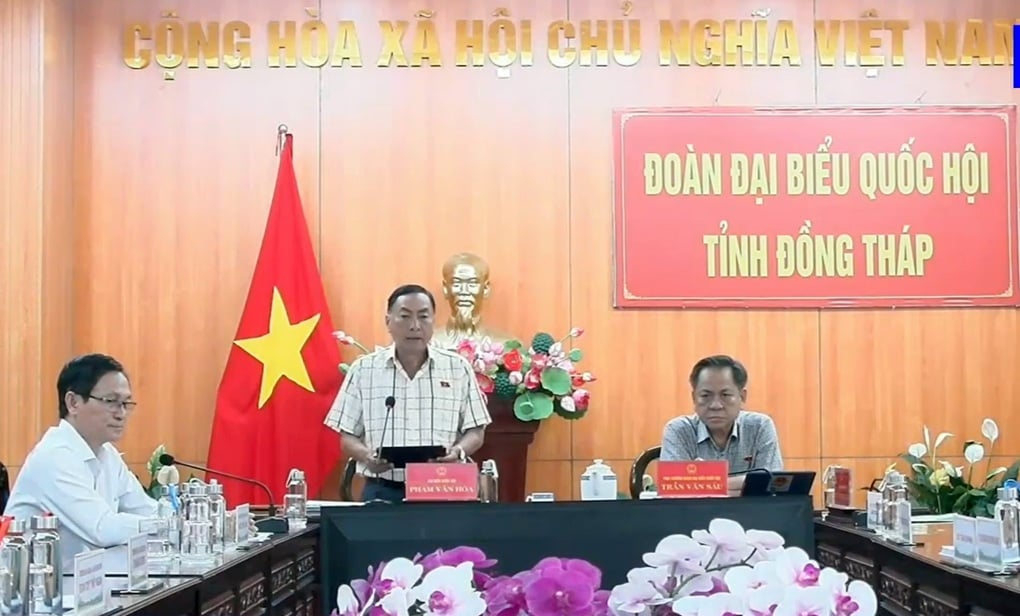
From Dong Thap bridge, delegate Pham Van Hoa questioned Foreign Minister Bui Thanh Son (Photo: Pham Thang).
Mr. Son admitted that in that context, there were cases of workers and international students violating the law in other countries, affecting Vietnam's cooperation with partners.
Recently, the Prime Minister has directed relevant ministries and agencies to develop procedures and regulations for training workers to go abroad. This is to ensure compliance with the rules and regulations of the host country, while contributing to the socio-economic development of the host country as well as the relationship between the two countries.
"There are many of our students studying abroad. Through meetings with key leaders of Vietnam, those who stay behind all have the desire to return to the country to contribute and serve, but are also concerned that the host country creates many conditions for them to stay and work after studying," said Mr. Son.
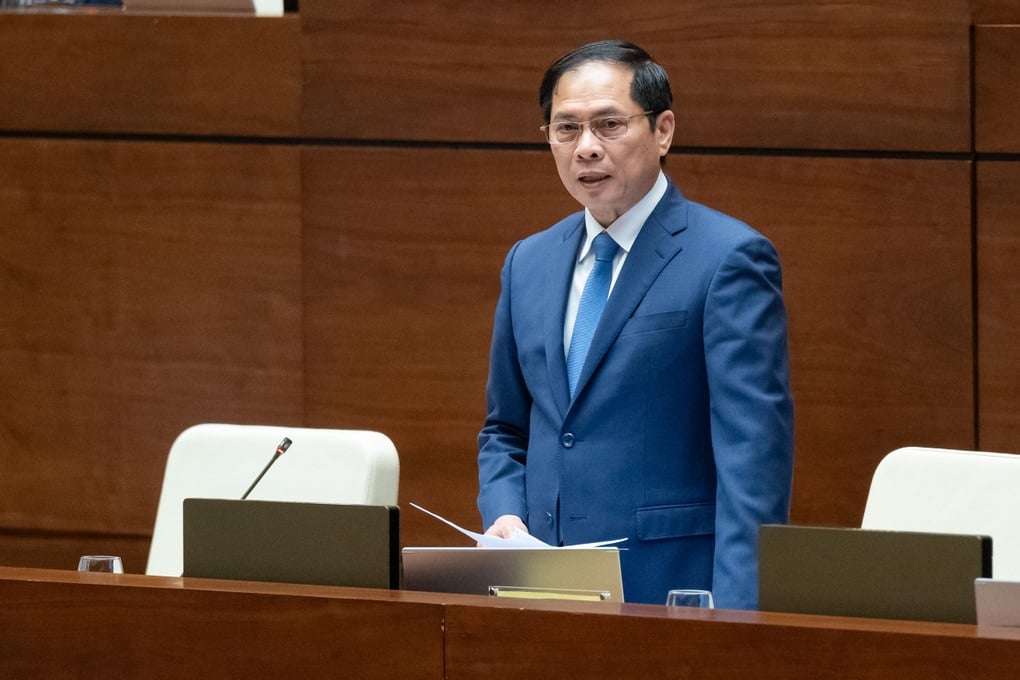
Minister of Foreign Affairs Bui Thanh Son (Photo: Pham Thang).
According to the Foreign Minister, Vietnam's top leaders, when answering overseas Vietnamese, also made it clear that if students find that they can develop their work after finishing their studies, they can stay, but must comply with the laws of the host country.
This not only contributes to the socio-economic development of the countries, but more importantly, it serves as a bridge of friendship between Vietnam and those partners now and in the future.
"If you have improved your knowledge, you will be able to contribute better to the country in the future. In some cases of people staying illegally, we will coordinate with ministries to inform and work with partners so that you understand the current situation," said Mr. Son.
Negotiating with 80 countries to exempt diplomatic and official visas
At the question and answer session, delegate Ta Thi Yen (Dien Bien) pointed out that currently only a few countries exempt visas for Vietnamese citizens, while applying for visas for Vietnamese citizens is still difficult.
The delegate asked the Minister to inform about the role of the Ministry of Foreign Affairs in this issue and solutions to improve the situation, creating favorable conditions for Vietnamese citizens when traveling abroad and vice versa.
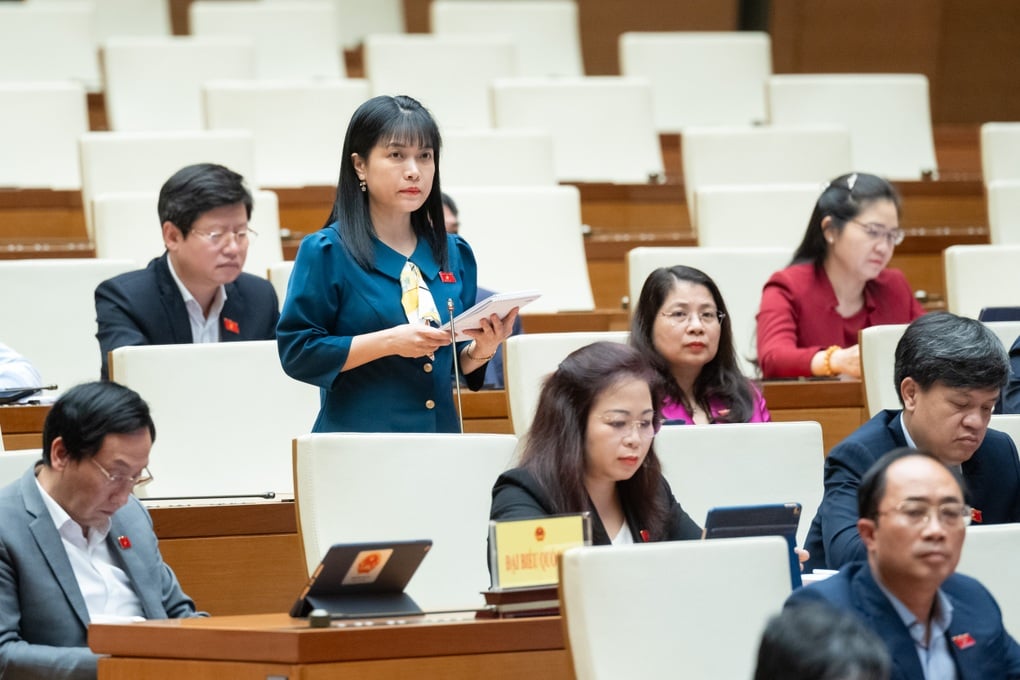
Delegate Ta Thi Yen (Dien Bien) raised a question at Dien Hong hall (Photo: Pham Thang).
Responding, Foreign Minister Bui Thanh Son emphasized that in the current trend of opening up and integration, not only countries come to Vietnam but Vietnamese citizens also have a great need to go abroad, both for business and for tourism and sightseeing.
In that spirit, the Ministry of Foreign Affairs has coordinated with other ministries and branches to simplify immigration procedures for foreign citizens, as well as overseas Vietnamese returning home.
Mr. Son cited the most recent example, the National Assembly approved immigration for Vietnamese citizens as well as foreign citizens, creating conditions to extend the length of stay in Vietnam and increase the issuance of tourist visas.
In addition, in the absence of a regular passport, the Ministry of Foreign Affairs is negotiating with 80 countries to waive bilateral visa requirements for diplomatic and official passports. This is to facilitate local leaders and ministries to travel abroad.
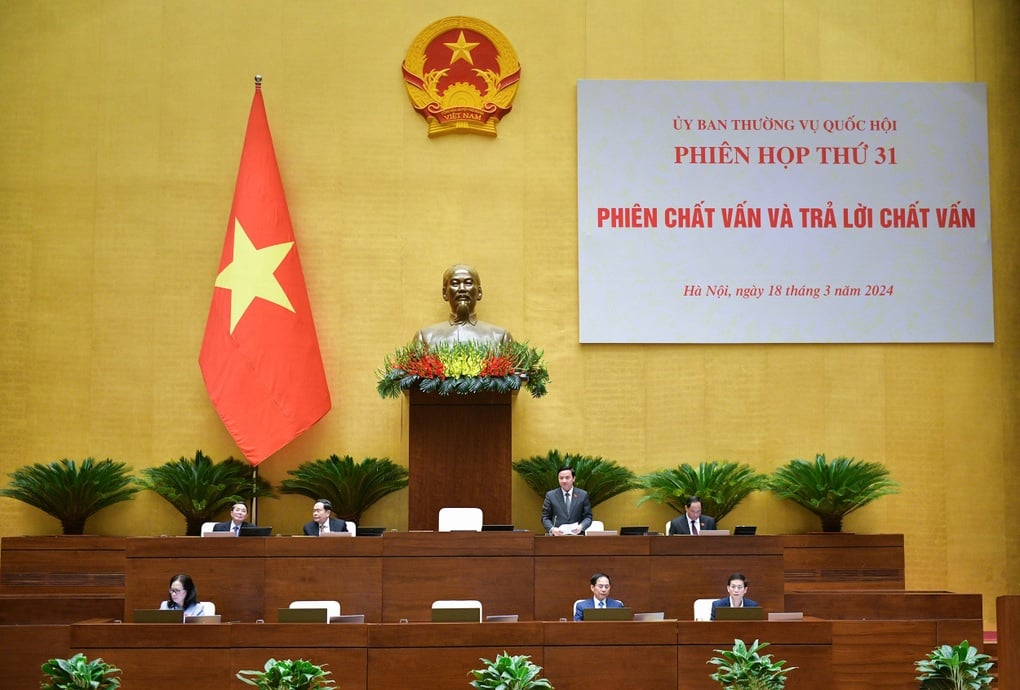
Vice Chairman of the National Assembly Nguyen Khac Dinh chaired the meeting (Photo: Pham Thang).
Answering further questions about negotiation and resolution solutions when exporting goods to large markets such as the EU still faces many difficulties, Minister Bui Thanh Son emphasized that Vietnam is still one of the countries with the highest economic openness.
In recent times, our country has negotiated 17 free trade agreements with 60 partners around the world to promote import and export. Even during the difficult pandemic, our exports to our partners continued to increase.
In 2023 alone, the number of exports to some EU countries decreased. Mr. Son explained that this happened because the neighboring countries themselves were facing economic difficulties, so import demand decreased. Along with that, the countries have additional regulations and policies on products.
Mr. Son affirmed that the Ministry of Foreign Affairs has informed businesses about these new regulations to continue to remove obstacles for the import-export market in the coming time.
Source




![[Photo] Prime Minister Pham Minh Chinh starts construction of vital highway through Thai Binh and Nam Dinh](https://vphoto.vietnam.vn/thumb/1200x675/vietnam/resource/IMAGE/2025/5/12/52d98584ccea4c8dbf7c7f7484433af5)

![[Photo] Buddha's Birthday 2025: Honoring the message of love, wisdom, and tolerance](https://vphoto.vietnam.vn/thumb/1200x675/vietnam/resource/IMAGE/2025/5/12/8cd2a70beb264374b41fc5d36add6c3d)













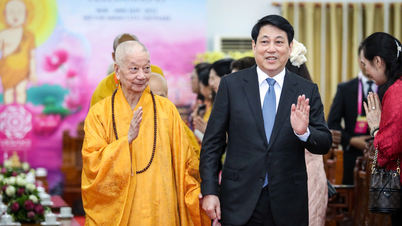
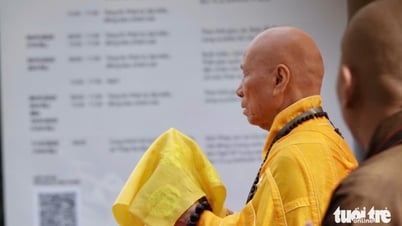
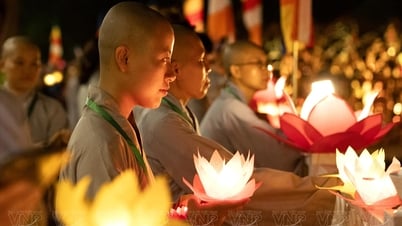
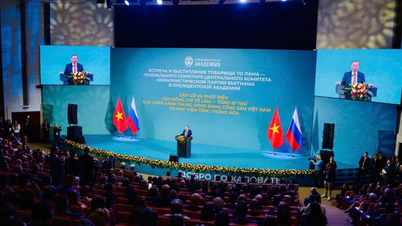




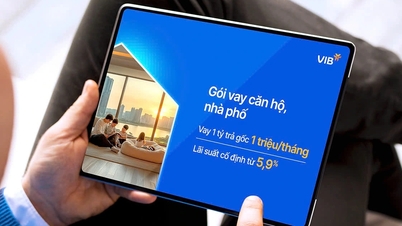

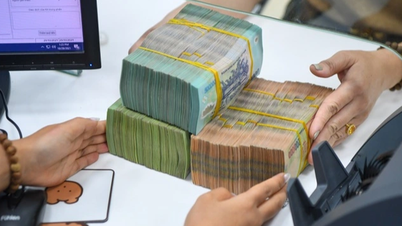
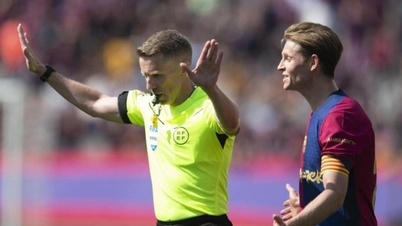

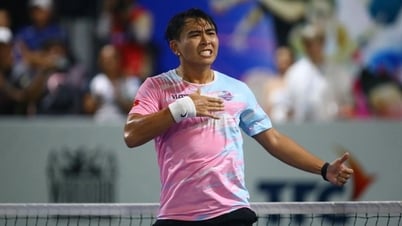
![[Photo] General Secretary To Lam meets and expresses gratitude to Vietnam's Belarusian friends](https://vphoto.vietnam.vn/thumb/1200x675/vietnam/resource/IMAGE/2025/5/11/c515ee2054c54a87aa8a7cb520f2fa6e)


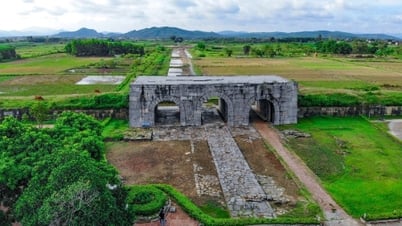








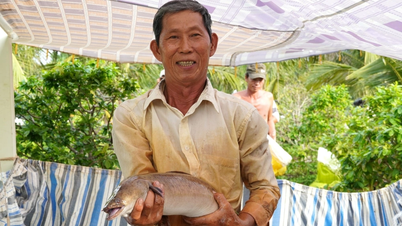
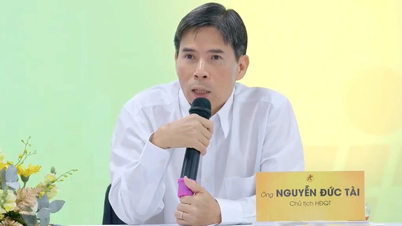


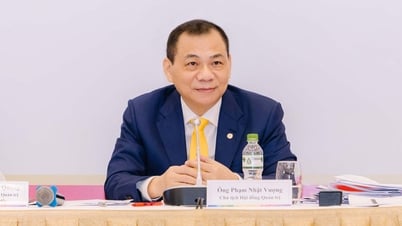
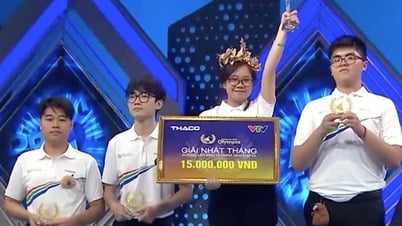



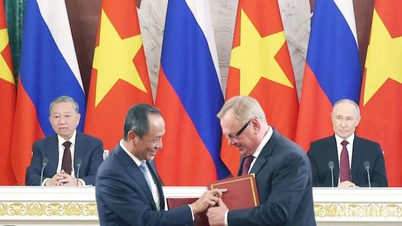



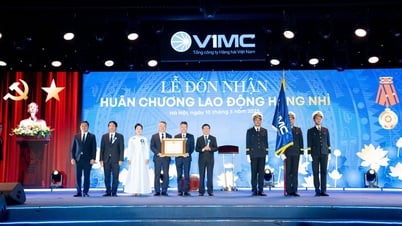


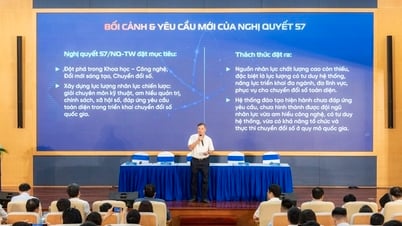
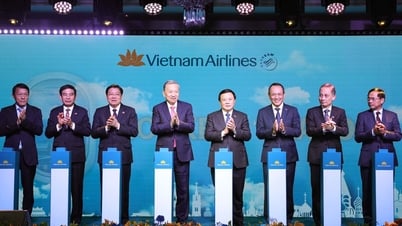


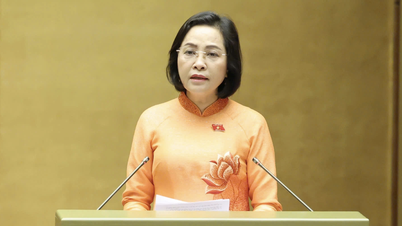

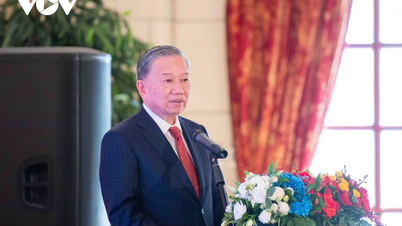

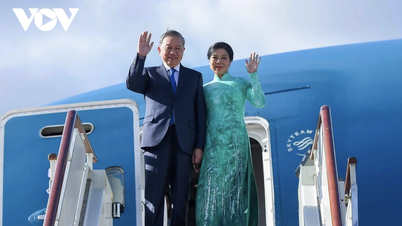
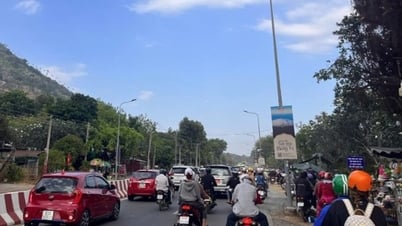

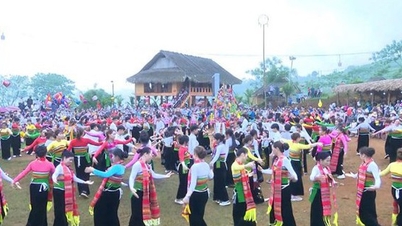
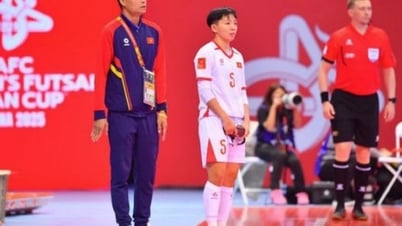
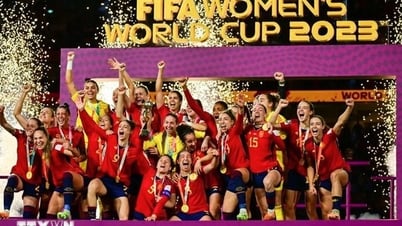
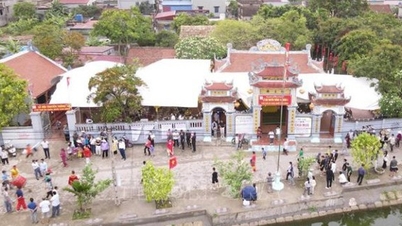
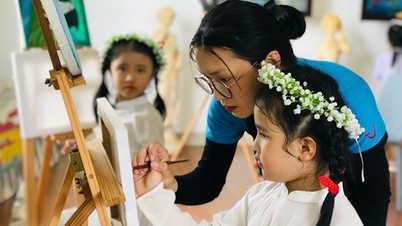
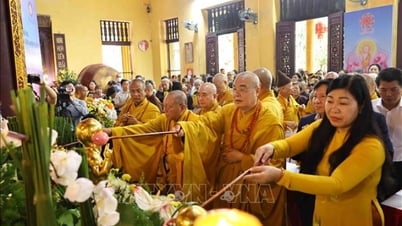

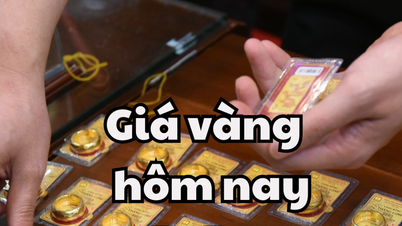



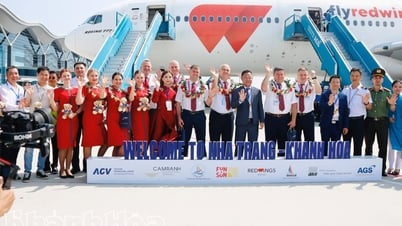



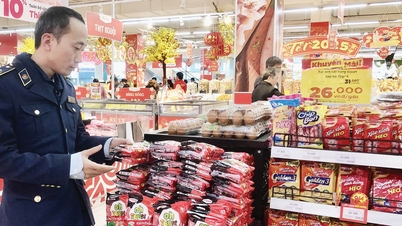










Comment (0)